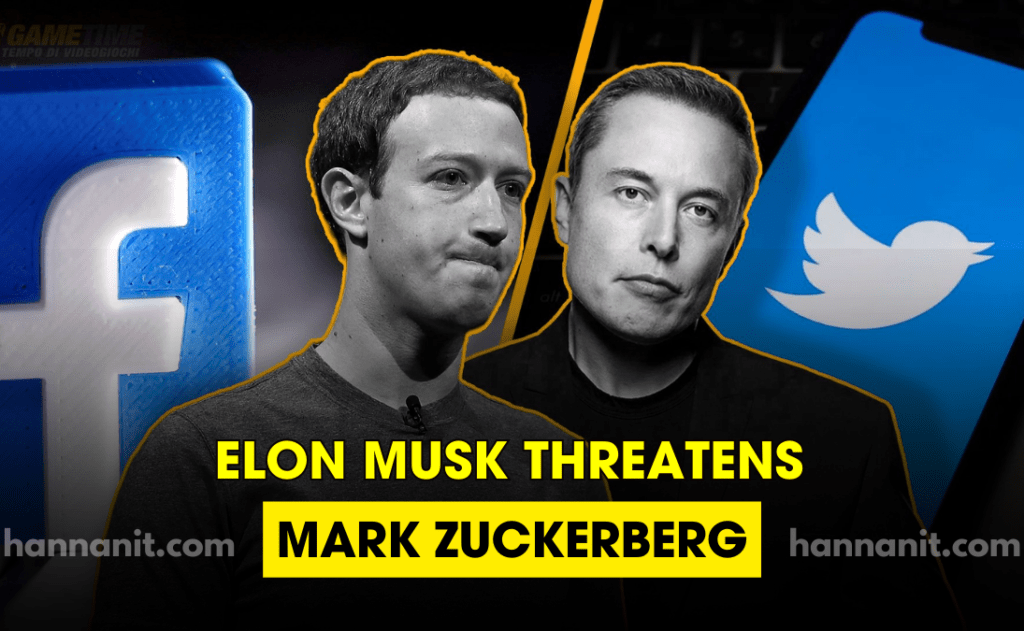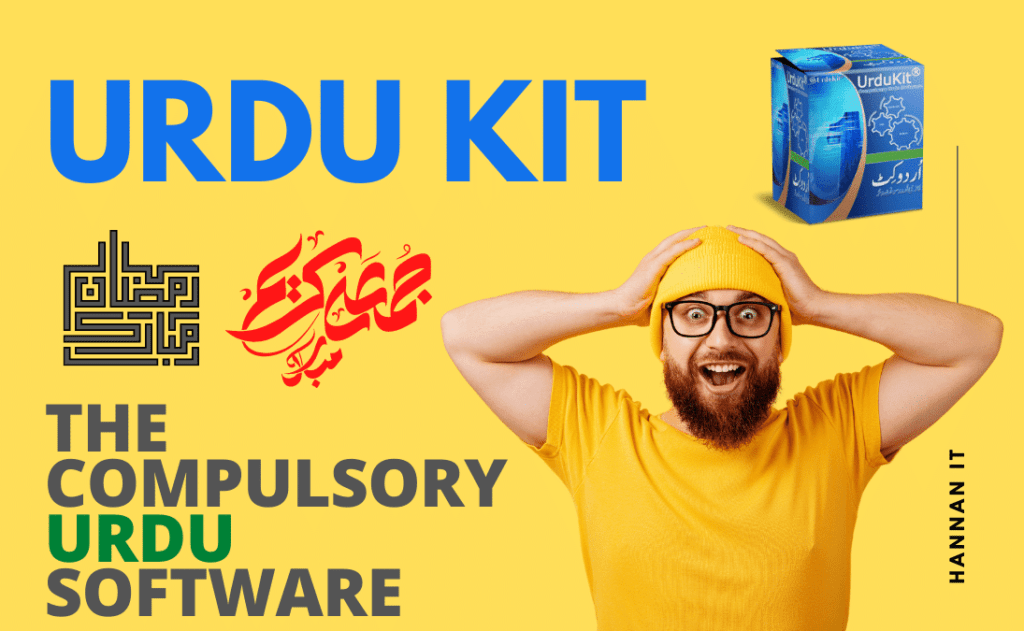In an era where the digital landscape is fraught with legal disputes and intellectual property battles, one of the most recent controversies involves Twitter and Meta. Twitter has raised concerns and legal threats against Meta over their newly launched app, Threads. In the middle of this escalating tech rivalry, we have none other than tech maverick, Elon Musk, weighing in with his take on Meta’s Threads app.
Twitter Threatens to Sue Meta
Twitter’s Concerns and Legal Threats
Twitter, now owned by Musk, has accused Meta of trade secret theft through the hiring of former Twitter employees. Alex Spiro, an outside lawyer for Twitter, claimed Meta engaged in “systematic, willful, and unlawful misappropriation of Twitter’s trade secrets and other intellectual property.” These are serious accusations that could potentially lead to a significant legal battle.
Meta’s Threads App and its Features
Threads, a brainchild of Meta, is a new entrant in the realm of social media platforms. It’s a microblogging platform that has managed to attract 30 million users on its first day alone. With its unique features and functionalities aimed at enhancing social interactions, Threads seems to be a competitive threat to the existing platforms, including Twitter.
The Letter to Mark Zuckerberg: Allegations of Unlawful Misappropriation
A. The Content of the Letter
In a significant development in the tech industry, a letter sent to Meta’s CEO, Mark Zuckerberg, from a lawyer representing Twitter, brought forth serious allegations against Meta. The letter suggests that the company had engaged in unlawful misappropriation of trade secrets. This claim forms the backbone of Twitter’s argument and lays the foundation for its threat to take legal action against Meta.
B. The Nature of Misappropriation
The letter accuses Meta of carrying out trade secret theft through the hiring of former Twitter employees. Twitter asserts that these employees improperly retained confidential Twitter documents and electronic devices, and their involvement in Threads’ development constitutes deliberate misappropriation. Trade secret misappropriation involves the use of secretive business information by someone who isn’t authorized to do so, particularly when this involves breach of confidence or contractual obligations.
C. Implications of the Accusation
This accusation is serious as it goes beyond ordinary business competition into the realm of unethical and potentially illegal conduct. If proven, the misappropriation of trade secrets could lead to substantial legal consequences, including injunctions and financial damages. It could also have severe reputational impacts for Meta, affecting its standing in the industry and among users.
D. Meta’s Response to the Allegations
Upon receipt of the letter and its allegations, Meta’s spokesperson, Andy Stone, flatly dismissed the claims. He stated, “No one on the Threads engineering team is a former Twitter employee — that’s just not a thing.” The denial sets the stage for what could be a contentious legal dispute if Twitter decides to follow through on its threat.
E. Elon Musk’s Role and Response
As the owner of Twitter, Elon Musk’s role and response are central to this controversy. His comment, “Competition is fine, cheating is not,” succinctly reflects Twitter’s stance and underscores the seriousness of the allegations made in the letter to Zuckerberg. Musk’s reaction and potential involvement in the legal dispute could significantly impact the public perception of the issue and the potential outcomes.
Legal and Regulatory Considerations
The legal and regulatory aspects involved in the dispute are complex. Twitter alleges Meta’s misappropriation of trade secrets, which if proven, could lead to serious legal consequences for Meta. However, Meta has dismissed these claims, stating that “No one on the Threads engineering team is a former Twitter employee.”
Industry Reactions and Public Response
The industry reaction to this controversy has been varied, with some analysts seeing Twitter’s move as a strategic play to slow down Meta’s momentum. The public response, influenced by Musk’s tweet and the legal allegations, has sparked discussions and debates about competition and fairness in the tech industry.
Future Implications and Resolution
The outcome of this legal spat could have far-reaching implications on the social media industry and user experiences. If the matter escalates to litigation, it could lead to changes in hiring practices, competition norms, and the evolution of social media platforms.
Conclusion
As this Twitter-Meta dispute unfolds, it serves as a reminder of the intensely competitive nature of the tech world. The key takeaway here is not just about the legal wrangling between these two tech giants, but also about the need for fair competition, a principle that Musk succinctly emphasized in his tweet. As we await the outcome, let’s stay informed about these developments and their impact on the social media landscape.
Frequently Asked Questions
The news is that Twitter has sent a letter to Meta’s CEO, Mark Zuckerberg, threatening a lawsuit. The reason behind this threat is the belief that Meta, through the hiring of former Twitter employees, has committed trade secret theft. Twitter views Threads, Meta’s new platform, as a significant competitive threat, escalating the situation to potential legal proceedings.
Twitter’s primary concern is the alleged misappropriation of its trade secrets and other intellectual property by Meta. Twitter believes that Meta engaged in this theft through the hiring of former Twitter employees who may have improperly retained confidential Twitter documents and used them in the development of Threads.
Elon Musk’s response adds a layer of depth to the controversy. As the owner of Twitter, Musk’s comments provide a critical perspective on the situation. He acknowledged the competition but criticized cheating, indirectly accusing Meta of unethical business practices. His review could significantly sway public opinion due to his influential status in the tech industry.
Elon Musk hasn’t reviewed Threads App directly. However, he has expressed his view on the controversy, stating “Competition is fine, cheating is not.”
The legal dispute could potentially affect Threads’ development and growth. If Twitter’s claims hold up in court, Meta may have to alter Threads’ features or even face penalties. This controversy could also affect user trust and perception of the platform, impacting user growth and engagement.
The legal dispute between Twitter and Meta raises important questions about intellectual property rights, competitive business practices, and ethics in the tech industry. Depending on the outcome, it could set precedents for how social media platforms operate, innovate, and compete.
The industry’s reaction varies, with some seeing it as an escalation of competition in the social media space. Many are keenly observing the developments, as the outcome could influence industry norms and practices. Other social media platforms have not made public statements, but they are likely watching the situation closely due to its potential implications.
The outcomes could range from Meta acquiescing to Twitter’s demands and altering Threads, to a protracted legal battle testing the limits of intellectual property rights and competitive behavior. It’s also possible that the companies could reach a settlement outside of court.
To stay informed, you can follow the news on tech-focused news outlets, social media platforms, and the companies’ official statements. Both Twitter and Meta are public companies, so they will likely provide updates about any significant legal proceedings.
In most cases, legal claims made in a lawsuit become public record once the suit is filed. However, as of now, Twitter has only sent a threat of litigation, not officially filed a lawsuit. If a suit is filed, the public may then have access to the specific legal claims.



